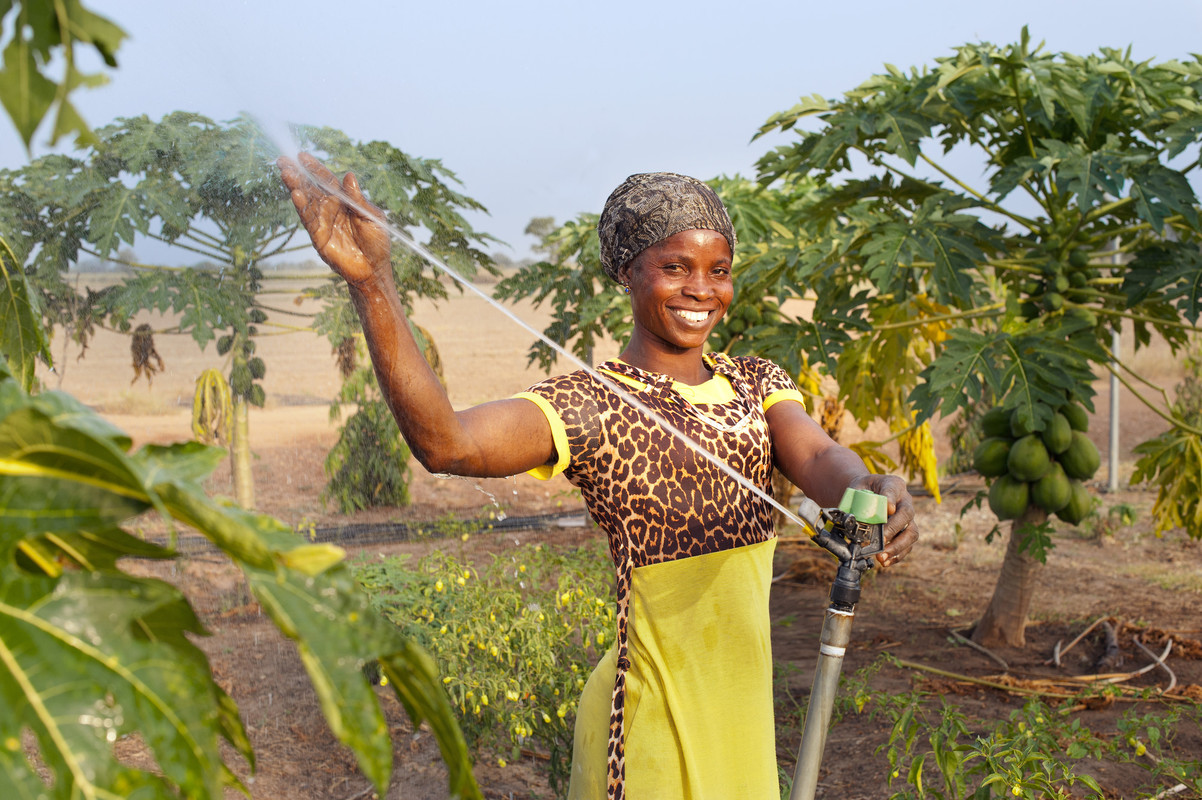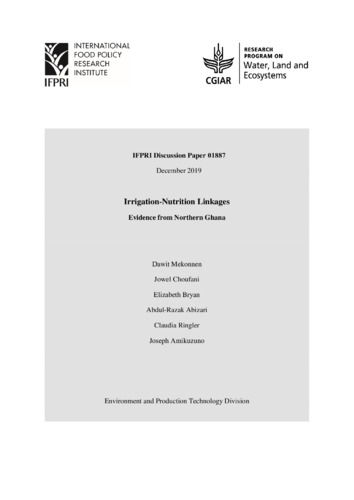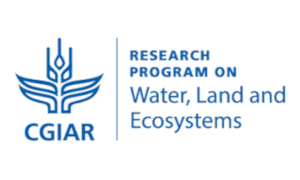Small-scale irrigation offers the potential to expand production and, thus, the availability of food during the lean season, which provides benefits such as greater income, food security, nutrition, and health. During the rainy season, irrigation can also reduce production risks from inadequate rainfall, thereby increasing resilience to shocks.
This research project analyzed the impact of small-scale irrigation on agricultural productivity, nutrition, and women’s empowerment. Through a partnership with iDE in Ghana, small groups of farmers within selected communities in the Upper East Region were given access to motorized pumps through preferential loans. IFPRI explored the extent to which the intervention increased women’s empowerment and improved nutrition using data from two intra-household survey rounds and qualitative focus groups and interviews. The results show that access to irrigation is associated with households’ greater food security and nutritional status, with evidence suggesting that these improvements come from greater production of nutritious foods as well as higher income enabling irrigating households to purchase healthy diets. Having access to motor pumps did not increase women’s empowerment directly but had indirect benefits in terms of increasing household assets, reducing women’s time spent irrigating, and enabling women to access nutritious foods from their own farms.










